How do you stay disciplined? You’re ready to commit and focus on your writing (or refocus). Where do you start?
That’s where our 7 Day Creative Writing Challenge comes in!
At The Write Practice, we publish a new article each day designed to help writers tackle one part of their writing journey, from generating ideas to grammar to writing and publishing your first book. Each article has a short practice exercise at the end to help you immediately put your learning to use.
Check out the latest articles below or find ones that match your interest in the sidebar.
And make sure to subscribe to get a weekly digest of our latest posts, along with our free guide, 10 Steps to Become a Writer.
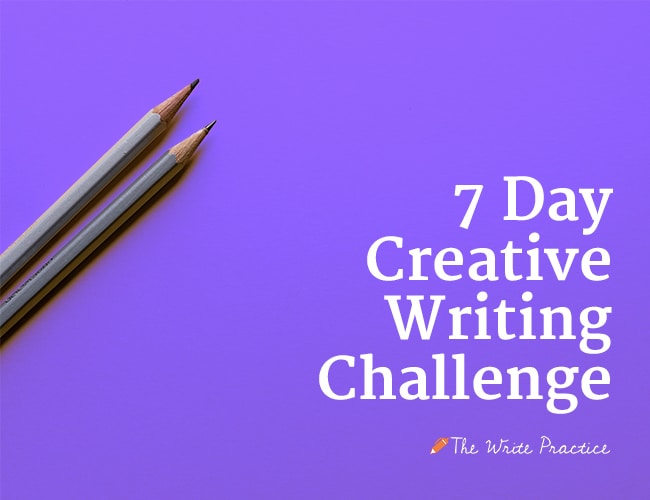
How do you stay disciplined? You’re ready to commit and focus on your writing (or refocus). Where do you start?
That’s where our 7 Day Creative Writing Challenge comes in!

Nearly every story you care to name has bits and pieces or elements from other stories. It’s unavoidable, since we’ve been telling stories from the dawn of human existence. Most of your story ideas are going to resemble existing stories in some way.
So, how do you take the seed of a story that feels too much like it’s already been done, and make it your own?
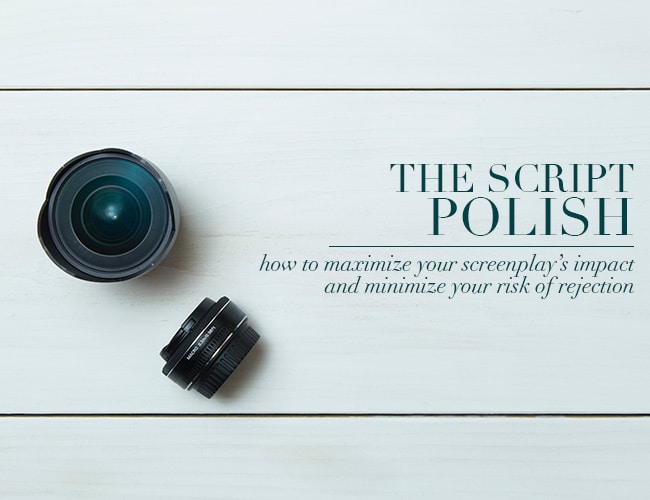
Polishing a screenplay, or doing a polish on a script, is a part of the screenwriting process that few screenwriters ever go into detail about when asked. Even when plied with liquor. Sure, we’ve all heard writers and producers use terms like “tighten it up” or “give it some polish” or “tweak it for production,” but what do any of those terms really mean?
Let’s break “the script polish” process down into two general goals a screenwriter needs to focus on when sitting down to polish her script. Those two general goals are maximizing impact and minimizing risk.
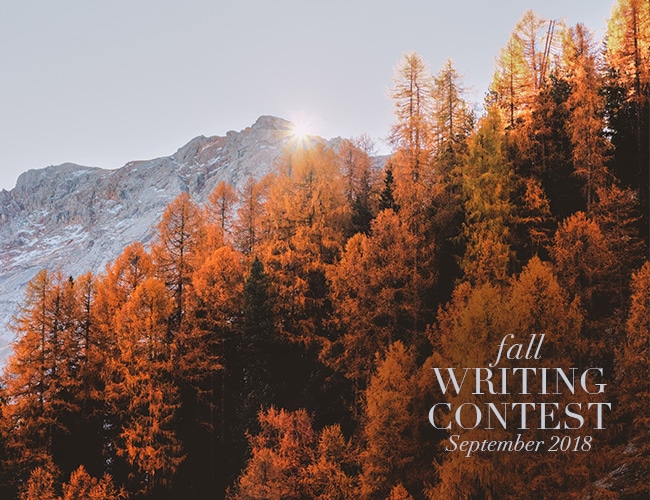
The weather’s cooling off, students are returning to school, and here at The Write Practice, we’re gearing up for our Fall Writing Contest. Because there’s no better way to welcome the changing seasons than by writing some amazing stories!
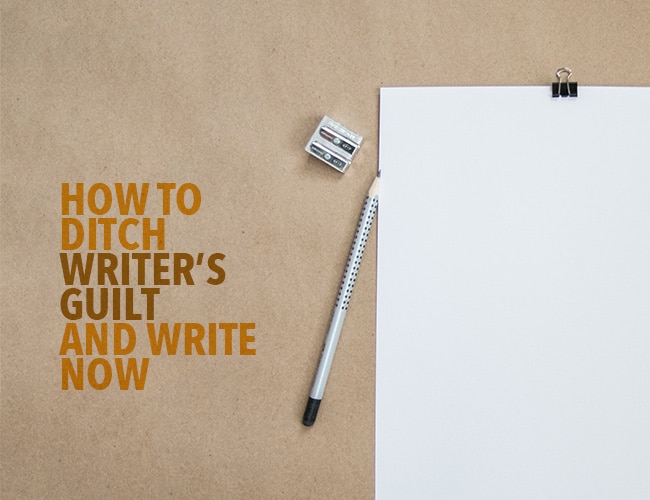
Raise your hand if you’ve ever felt guilty about something related to writing. (My hand can’t get any higher.) Whether you feel that you aren’t writing enough or feel terrible about neglecting chores while finishing your novel, writer’s guilt is real.
Here are a few ideas for abandoning writer’s guilt to get your work done.

Not many people like antagonists. The antagonists are supposed to be antagonizing — that’s their whole purpose. They are designed to aggravate the protagonists; to foil the plans of the heroes and create conflict. They are supposed to be a villain for our heroes to defeat, right?
Sure. But what if they could be more?
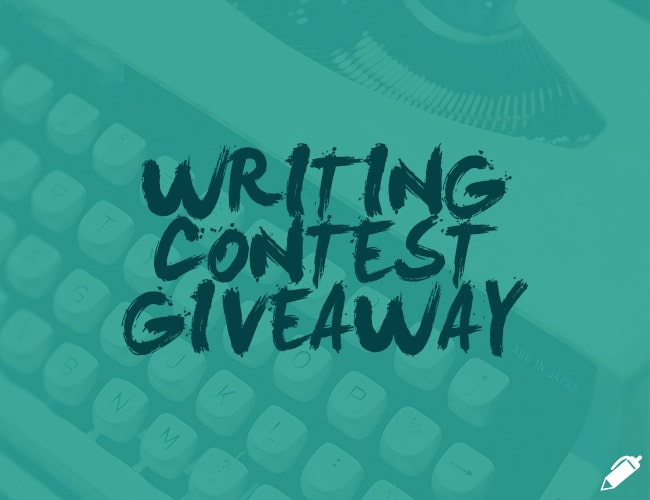
If you’ve spent much time around The Write Practice, you’ve probably noticed that we love writing contests. Our mission is to help writers grow, and there’s no better way to practice your craft than by entering a writing contest.
That’s why we’re excited to give three lucky writers free entry to our Fall Writing Contest!
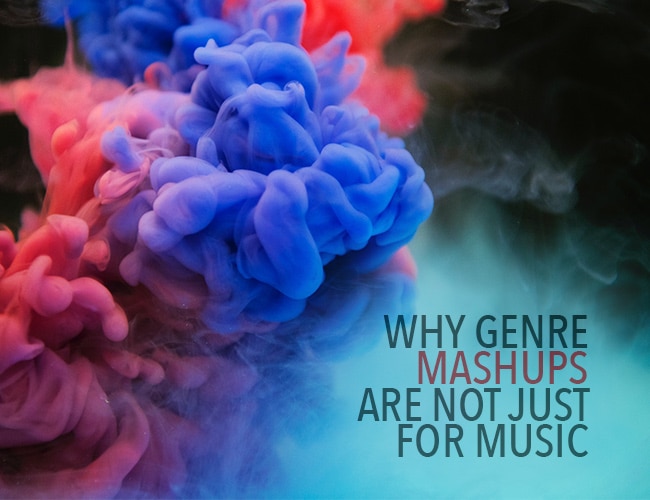
Everyone loves a good mash-up. Taking two (or more) different songs and seamlessly blending them together to create an entirely new song turns old music into something fresh and exciting. The same thing goes for novels. If you take old concepts and mix them together, you can write something worth raving about.
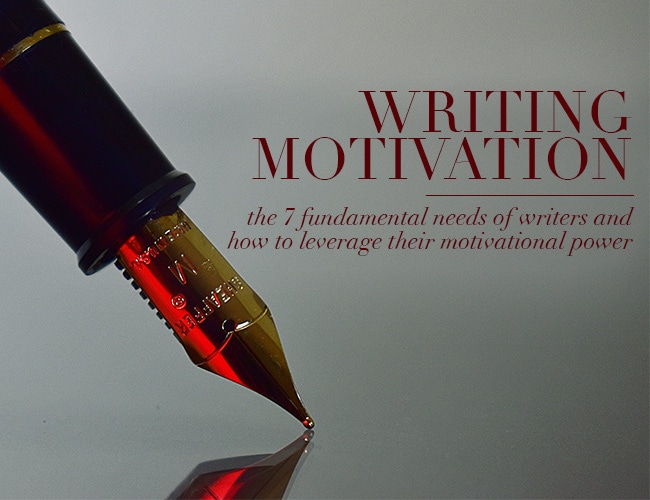
If you write long enough, at some point you are going to experience a lag in productivity. Whether you call it “writer’s block” or “resistance” or just “a slump,” the moment will come when you struggle to put words on the page, and you just can’t find motivation to write through the struggle.
One way to overcome that lag is to lean into what motivates you. Do you know why you write?
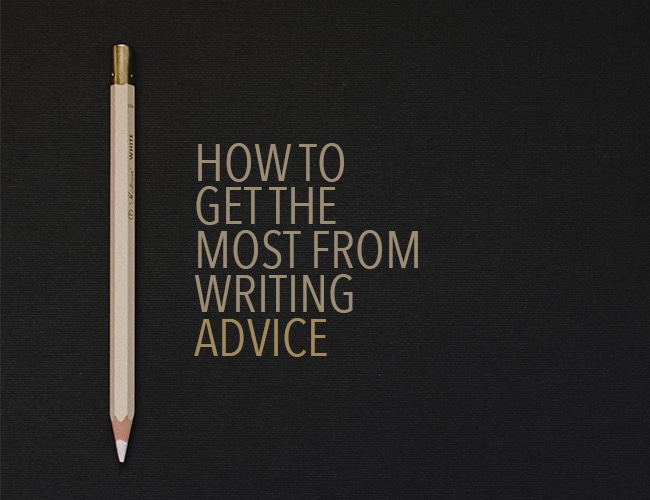
I subscribe to several writing web and blog sites. I trust them to give me sound writing advice. But sometimes the sheer volume of advice engulfs me, and I feel like I’m in the middle of a tidal wave.
Being overwhelmed can lead to creative paralysis. I work myself into a frenzy trying to apply everything to all my writing right now. Or, I close the computer or put down my pen and count the leaves on my philodendron plant. Neither approach is helpful.
With so much useful writing advice, how do you know where to start?